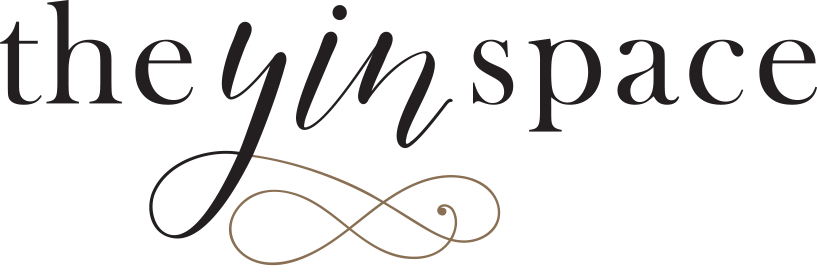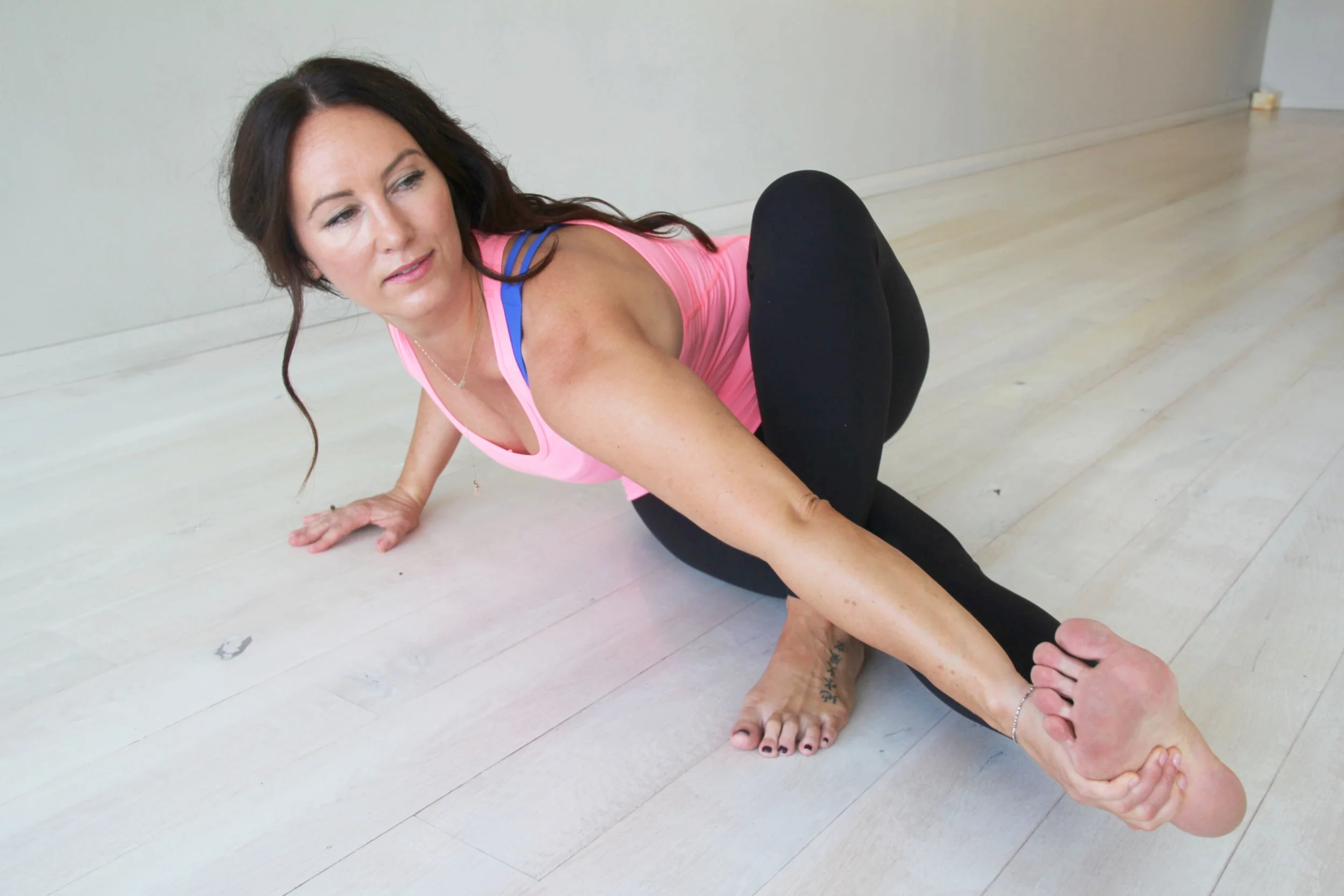
Whether you are a new yoga teacher or a veteran of your current teaching style, Yin Yoga compliments any yang yoga and gives you and your students a more holistic approach to a yoga practice and teaching.
Technically it is the, at its most basic description, stressing in a healthy way of the bone/ligament/tendon and fascia tissues that need to be exercised in an opposite way to the more yang style yoga practice of muscle and cardiovascular stimulation in flow (very important too). As we compress and apply tension to the bones and joints we are increasing our range of motion / bone density and freedom of movement. In the fascia lie our muscle meridians - relating to their corresponding organs and their health– and what excites me at this level is that we can have an impact on the Qi that runs on these meridians and thus our subtler emotional and energetic internal climate as well as physical balance.
Can I teach yin yoga after finishing the course if I’m not already a yoga teacher?
NO - Participants who wish to gain a teaching certificate for Yin Yoga will need to have successfully completed a 200-hour Yoga Teacher Training course prior to commencing Yin Yoga Teacher Training (copy of certificate must be submitted for verification).
Can I join the course for my personal experience and knowledge as an avid yin fan?
YES - For those who wish to join the course for personal enjoyment and experience, please email mel@theyinspace.com
Do I need to have done any yin before doing the teacher training?
YES - you will need to complete 10 hours of yin yoga classes online or in studio in the two months prior to course commencement for 100hr yin and 5 hours yin yoga classes for the 50hr training as above, both for your certification and also your personal comfort and pre-experience of the practice.
Do I need to read anything prior to any yin teacher trainings?
Yes – Mel highly recommends (but not essential) you read her teachers book: “Yin yoga practice and principles” by Paul and Suzee Grilley. Also recommended: “Yinsights” by Sarah Powers and “A complete guide to yin yoga” by Bernie Clark. There are many books we recommend and talk about on training too.
Interested?
Topics covered in a more in-depth look at our regular teacher trainings are:
· An alternate look at anatomy and physiology
· Modern muscle meridian theory
· Fascia and its importance
· QI and the chakras
· Asana and sequencing
· Partner and wall yin





